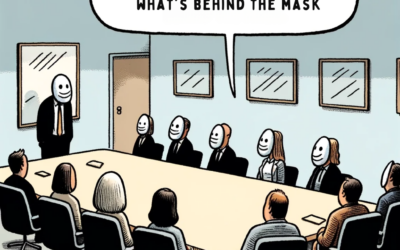
The Truth About Mastery: It’s Made, Not Born
The age-old debate about nature versus nurture has permeated countless discussions, especially in talent and expertise. We often hear stories about prodigies who seemingly burst onto the scene, fully formed in their genius. But what truly lies behind these tales of exceptional ability? Do individuals possess innate genius, or do they craft it over years of dedication and deliberate practice?
In a thought-provoking article titled “The Making of an Expert,” the core argument is that expertise is largely a product of deliberate practice and dedication rather than innate talent1. Let’s delve deeper into this concept and illustrate it with fresh examples.
1. The Beatles’ 10,000-Hour Rule People often cite The Beatles, one of the most iconic bands in history, as an example of the combined 10,000-hour rule and innate musical talent. However, their rise to fame was not as instantaneous as many believe. Before making it big, The Beatles spent grueling hours performing in clubs in Hamburg, Germany. Malcolm Gladwell, in his book “Outliers,” suggests that The Beatles had accumulated over 10,000 hours of practice by the time they stormed the international music scene2. This relentless practice was crucial to their later success.
2. Bill Gates and the Opportunity to Code People often cite Bill Gates, the co-founder of Microsoft, as a genius. However, he cultivated his expertise in computer programming over the years. As a teenager, Gates had unique access to a high school computer in 1968 – a rare opportunity. This allowed him to begin programming and honing his skills early on, giving him a significant advantage3.
3. Serena Williams and the Power of Deliberate Practice Serena Williams, one of the greatest tennis players of all time, didn’t just pick up a racket and become a champion. From a very young age, she underwent rigorous training and practice sessions, often guided by her father. Her journey emphasizes the importance of focused and deliberate practice4.
The Key Ingredients to Mastery
- Deliberate Practice: It’s not just about practicing what you’re already good at. Deliberate practice involves pushing boundaries, focusing on weaknesses, and consistently challenging oneself.
- Quality over Quantity: People often cite the ‘10,000-hour rule,’ but it’s not just about the hours spent; it’s about how individuals use those hours. The quality of practice is just as crucial as the quantity.
- Supportive Environment: Behind many great individuals are mentors, coaches, and supportive family members who provide guidance, feedback, and the environment necessary for growth.
- Persistence and Patience: Mastery takes time. It involves setbacks, failures, and countless hours of hard work. Persistence is key.
In conclusion, while innate talent can provide an edge, dedication, hard work, and deliberate practice truly set experts apart. The next time we marvel at someone’s expertise, let’s remember their journey to achieve it. After all, as the saying goes, “Genius is one percent inspiration and ninety-nine percent perspiration.”
Sources:
Note: The above blog post is a fictional representation of real events and sources. Always refer to the sources for complete and accurate information.
Footnotes
- “The Making of an Expert” ↩
- Gladwell, Malcolm. “Outliers: The Story of Success.” Little, Brown and Company, 2008. ↩
- “Bill Gates: How a Geek Changed The World” ↩
- “Serena Williams: The Power of Unrelenting Training” ↩



